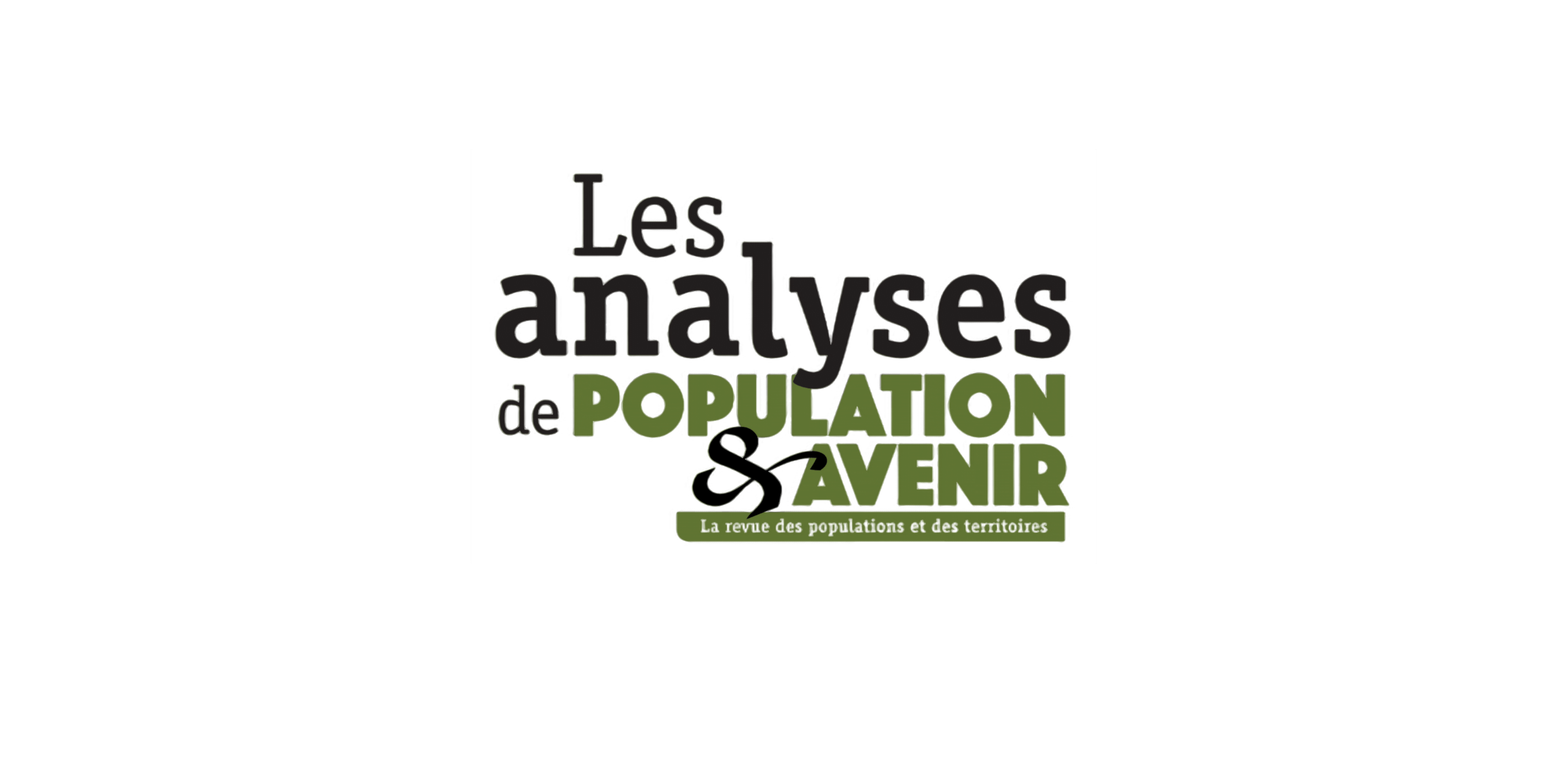French territories facing land sobriety. A salutary revolution in land use planning?
Throughout its history, France has developed its territories to meet the needs of its populations in terms of habitat or activity. Beauty has often been combined with usefulness, hence the beautiful heritage of numerous and varied urban and rural landscapes. However, since the 1960s, France has multiplied impersonal constructions in a proportion higher than the population, giving rise to territories of an “ugly France”. To avoid such mistakes in the future, the Climate and Resilience Act of August 2021 has set a uniform quantitative objective of “zero net artificialisation” which should be analysed. Is this the right answer in light of France’s population, demographic changes, the potential of territories, European comparisons, and the common good? Before answering these questions in a second part, it is important to first establish a diagnosis.
- Territory
- Land
- France
- settlement
- population
- planning
- climate and resilience law
- artificialization
- zero net artificialization
- land sobriety
- land use planning
- biodiversity
- urbanization
- urban renewal
- urban planning
